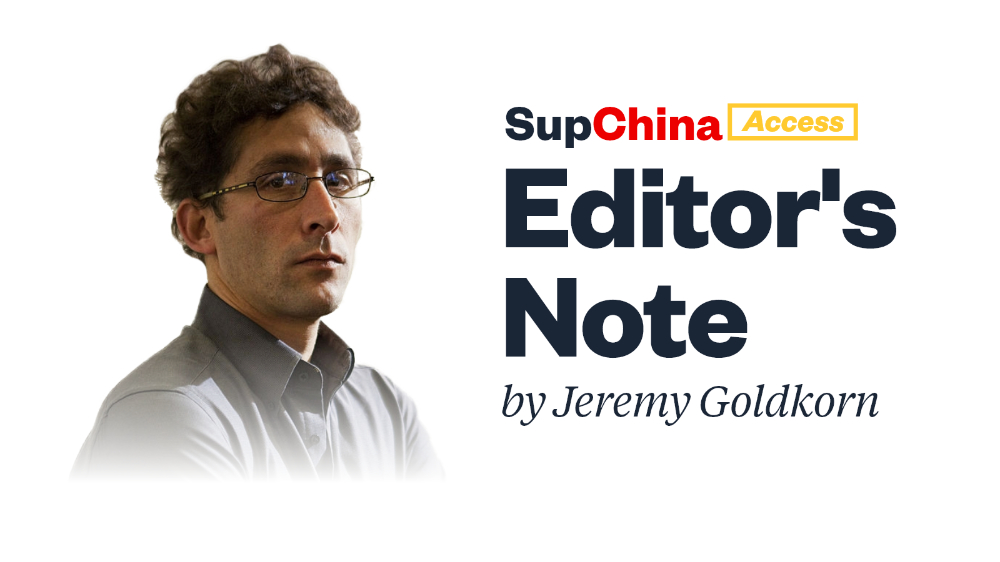Editor’s note for Friday, December 3, 2021
A note for Access newsletter readers from Jeremy Goldkorn. Today: Evergrande and other developers sink deeper into distress over their debt; Apple Daily runs out of money in Taiwan; the U.S. Justice Department's China Initiative is a mess, according to data obtained by MIT Tech Review; Ray Dalio dismisses concerns about human rights in China.

The big buzz today is that ride-sharing giant Didi Chuxing is delisting from the New York Stock Exchange — see our top story for details.
More breaking stories from and about China today:
Troubled real estate giant Evergrande said today (in Chinese) that it may be unable to pay a $260 million offshore debt, and its founding chairman was summoned by the Guangdong government for a chat.
Meanwhile, two other Chinese developers “sunk deeper into financial distress, with Kaisa Group Holdings failing to pull off a bond swap that would have bought it more time to repay creditors, and lenders calling in loans from China Aoyuan Group after credit downgrades,” reports the Wall Street Journal.
With tabloid newspaper Apple Daily shut down in Hong Kong, and its media tycoon boss, Jimmy Lai (黎智英 Lí Zhìyīng) in jail after being found guilty of National Security Law violations, the Taiwanese operation of Apple Daily are going to close, too, because it has no cash.
The counterproductive paranoia that is the U.S. Department of Justice’s China Initiative “sought to protect national security.” But “in the most comprehensive analysis of cases to date, MIT Technology Review reveals how far it has strayed from its goals.”
Ray Dalio, a multi-trillionaire in Yemeni rial and founder of hedge fund Bridgewater, told CNBC he wasn’t worried about human rights problems in China, stating, “What they have is an autocratic system and one of the leaders described it that the U.S. is a country of individuals and individualism…in China it is an extension of the family.”
He was of course pilloried by upstanding people who probably have as much of their net worth invested in China as Dalio, such as Mitt “Bain Capital” Romney, who complained of Dalio’s “rationalization of complicit investments,” and the Wall Street Journal editorial board, which without any sense of irony said his “comments show why so many Americans dislike Wall Street.”
Finally, the BBC has a profile of David R. Chan, “a 72-year-old former tax lawyer based in Los Angeles, [who] claims to have dined at nearly 8,000 Chinese restaurants across the U.S. and counting.”






